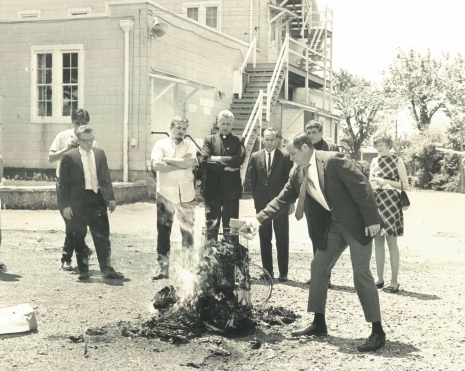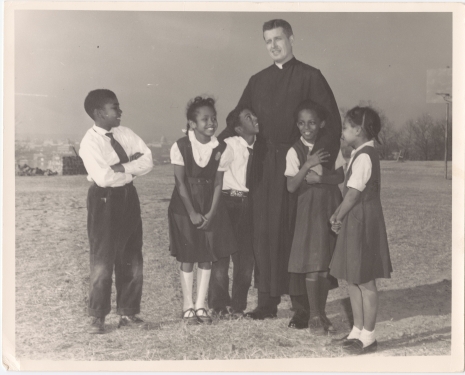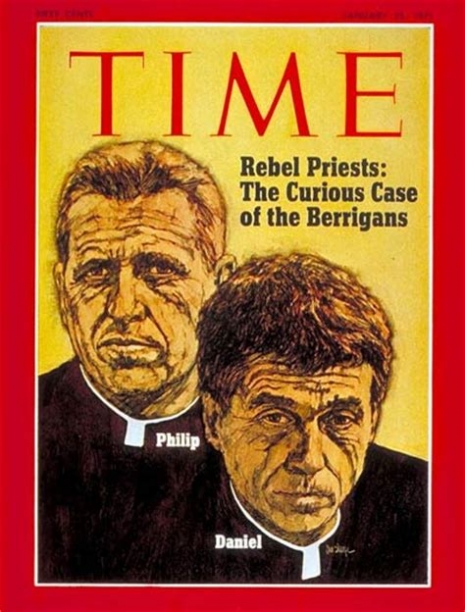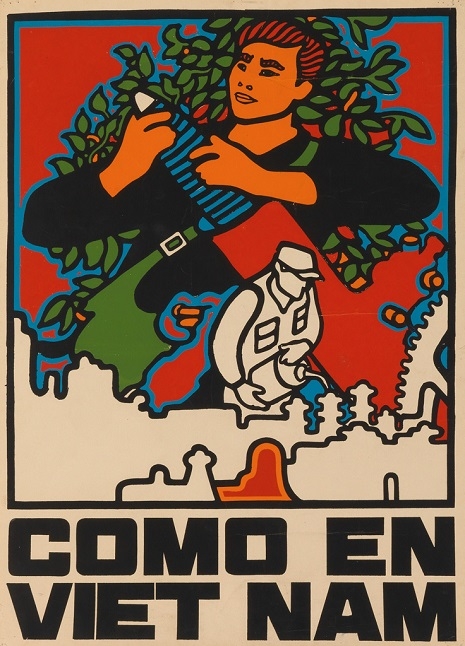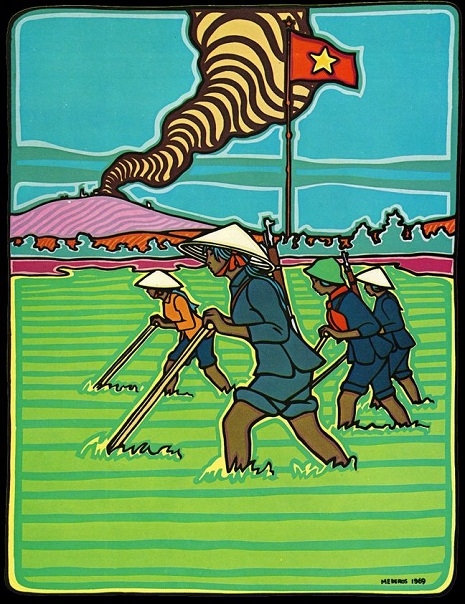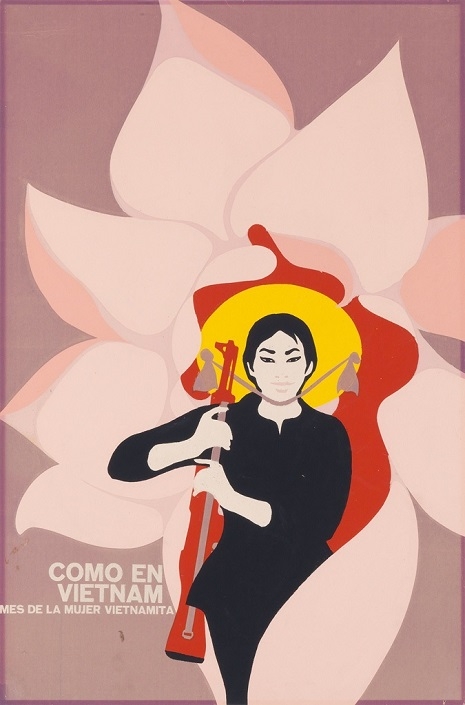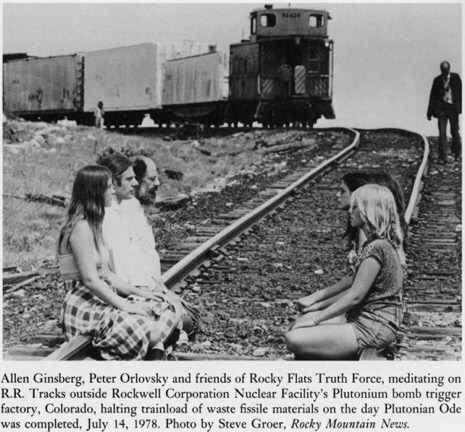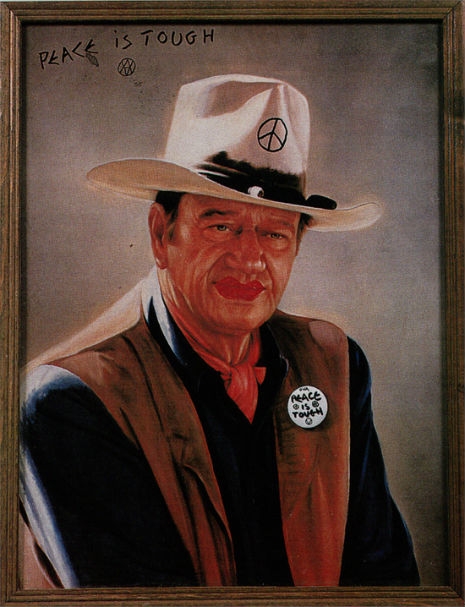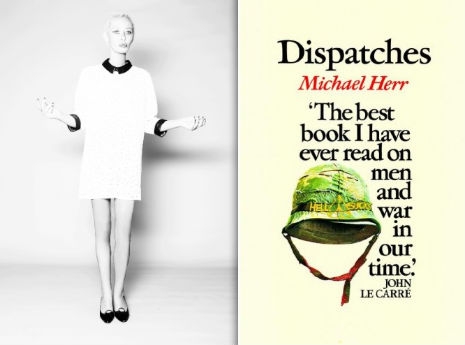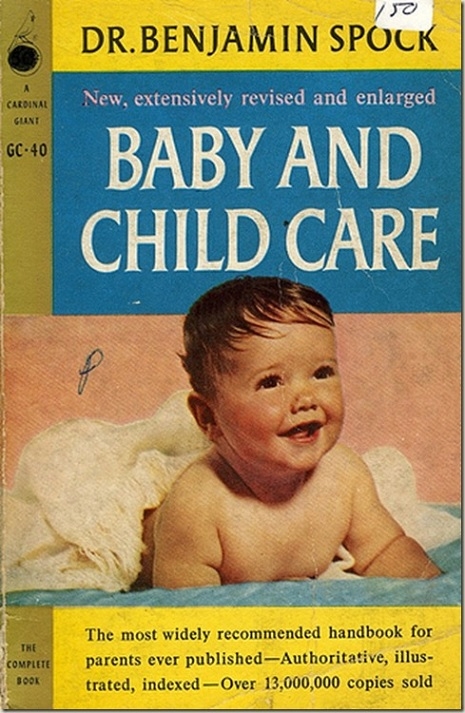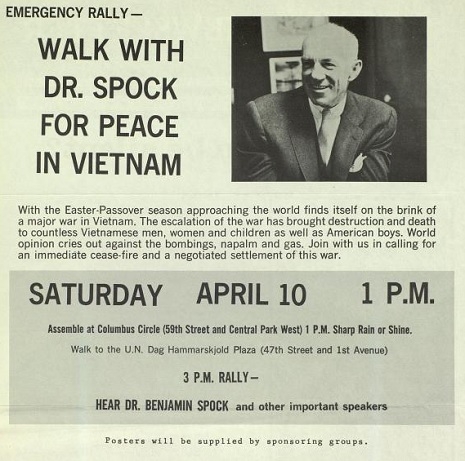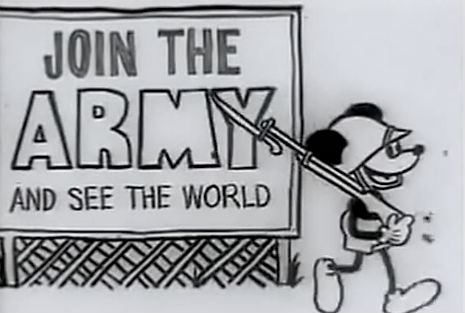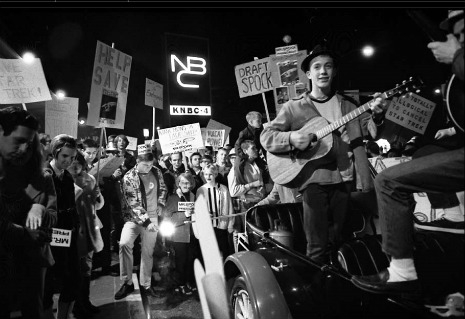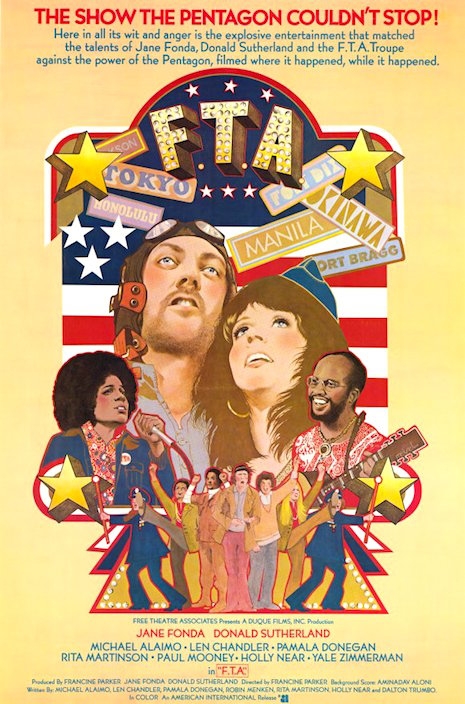
Bob Hope was late. Ten minutes late. But it was a ten minutes that probably saved his life. Hope was en route to entertain US troops stationed in Vietnam in December 1964. These troops were officially documented by the White House as being there in an “advisory capacity,” which gave Hope the opening for his show:
Hello, advisors! I asked Secretary McNamara if we could come and he said, ‘Why not, we’ve tried everything else!’ No, really, we’re thrilled to be here in Sniper Valley.
Hope’s flight had been rescheduled from landing at Saigon to the US air base at Bien Hoa. Saigon was considered too dangerous. The Viet Cong might just take a pot shot at the comedian. In fact, it turned to be something far more deadly.
After the show, Hope was to head off by car to the Caravelle Hotel in Saigon, but as his cue cards, on which his jokes were written, had become mixed up, his assistant, Barney McNulty was tasked with sorting them out. This delayed Hope and his entourage, which included Jill St. John and singer, former Miss Oklahoma and well-known homophobe Anita Bryant, by ten minutes. As they were driving to their destination, a car bomb exploded outside the Brinks Hotel just about a block from the Caravelle. If he’d been on time, Hope and his crew would have been toast. Instead, they got a ringside seat of the blast and its devastation which killed two, injured 60, and destroyed the Brinks Hotel.
Hope toured US military bases in Vietnam from 1964-1972. His intention was to boost the soldiers’ moral, and let them know the folks back home were thinking about them. His intentions may have been honorable but to many back home, Hope came to represent the folly of America’s involvement in Vietnam. It led to the saying “Where there’s Hope there’s death.”
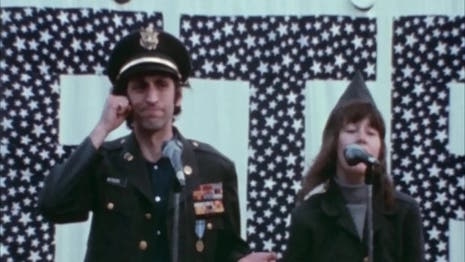
In response to Hope’s “hawkish” pro-war tours of Vietnam, Jane Fonda started touring army bases in 1970 giving voice to the many dissenting soldiers and veterans who were against the war. She then teamed up with Donald Sutherland in 1971 to perform with a troupe of entertainers under the name F.T.A. which was sometimes known as the “Free Theater Associates” or more (in)famously as “Fuck the Army.” The idea for the tour came from dissident Howard Levy who wanted “to stage an anti-war response to the touring shows of Bob Hope, who thought the war was just peachy.”
These F.T.A. shows originally came out of the G.I. coffeehouse movement—“the loose network of coffeehouses that had sprung up around U.S. military bases as a way for GIs to plug into the movement in the U.S. against the Vietnam War.” The group performed satirical sketches and songs opposing the war. Though they faced objections from some senior military personnel, F.T.A. managed to perform at military bases in Fort Bragg, Okinawa, the Philippines, Japan, and all along the Pacific Rim. Fonda and Sutherland produced a movie documenting these shows which was released in 1972 but was “mysteriously” pulled from screenings not long after its release due to fierce criticism from politicians, the media, and (surprise, surprise) top army brass.
Directed by Francine Parker, who was one of the first female members of the Directors Guild of America, F.T.A. documented Fonda, Sutherland, folk singer Len Chandler, singers Holly Near and Rita Martinson, writer/actor Michael Alaimo, and comedian Paul Mooney performing a variety of skits and songs including Sutherland as a sports announcer describing an attack on a Vietnamese village as if it were a ballgame and Fonda as Pat Nixon. This was all interspersed with interviews from many of the men and women involved in the war—including African-American GIs describing the racism they faced in the field.
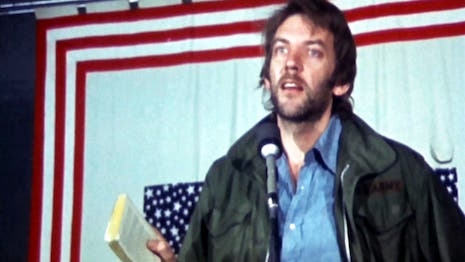
The film is a bit rough around the edges but is an important testament to the many soldiers (and performers) who opposed the war in Vietnam. The film ends with Sutherland reading from Dalton Trumbo’s 1938 novel Johnny Got His Gun:
Remember this well you people who plan for war. Remember this you patriots, you fierce ones, you spawners of hate, you inventors of slogans. Remember this as you have never remembered anything else in your lives. We are men of peace, we are men who work and we want no quarrel. But if you destroy our peace, if you take away our work, if you try to range us one against the other, we will know what to do. If you tell us to make the world safe for democracy we will take you seriously and by god and by Christ we will make it so. We will use the guns you force upon us, we will use them to defend our very lives, and the menace to our lives does not lie on the other side of a nomansland that was set apart without our consent it lies within our own boundaries here and now we have seen it and we know it.
Watch it, after the jump…






